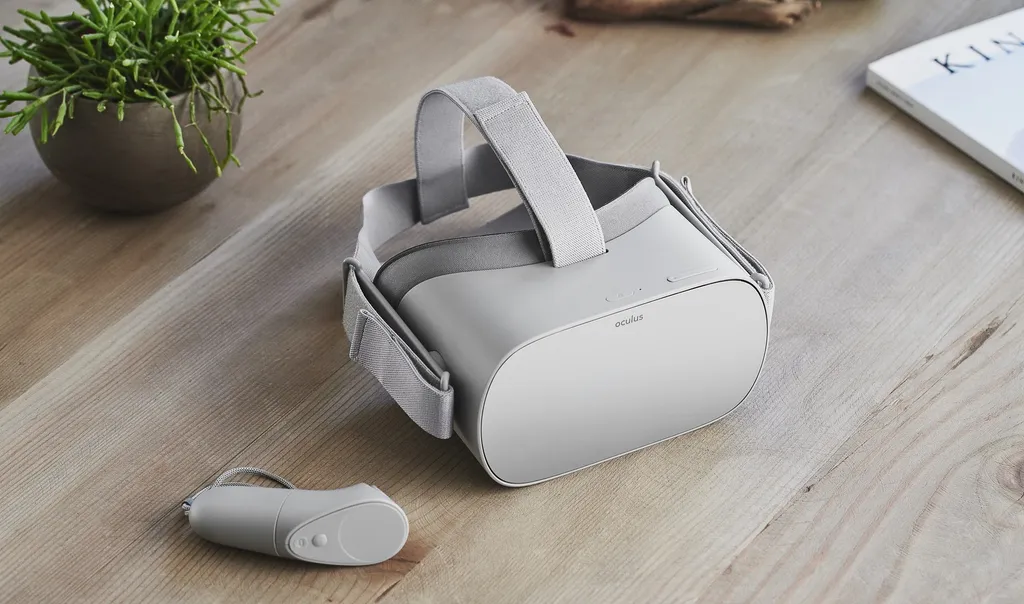Facebook this week hosted their Q4 2018 earnings call, reporting their finances for the quarter. During the call Facebook Chief Financial Officer (CFO) David Wehner stated:
Payments & Other Fees revenue was $274 million, up 42%. Sales of Oculus Go and the launch of Portal contributed to the revenue growth in the quarter.
This is the first time Oculus has been mentioned as a revenue source. In 2016 after the Rift launch Wehner had very different news, stating “It’s not going to be material to our financials this year.”
This seems to indicate that the Oculus Go is selling much better than Rift ever did. Remember these are revenue figures, not units, so multiple Go headsets need to be sold to generate the same revenue as one Rift.
At Oculus Connect 5, Oculus CTO John Carmack claimed Go headset sales “exceeded even my expectations”- and that he had been “the most optimistic”.
It’s important to note that “Payments & Other Fees” is the smallest section of Facebook’s revenue. The company’s main business is still advertising, which brought in over 98% of revenue.
Marketing Costs
The notable Oculus Go revenue didn’t come for free, however. Facebook’s total expenses were up by $1 billion – an increase of 62% compared to this time last year. When explaining this increase, Wehr included the marketing cost of Oculus Go:
In addition to continued investment in infrastructure, safety & security, and innovation, expenses were also driven by seasonal factors – including marketing efforts, notably the promotion of Portal and Oculus Go.
This likely refers to the celebrity marketing campaign Facebook threw in fall. Wiz Khalifa, Jonah Hill, Adam Levine, Leslie Jones, and Awkwafina were enlisted in an effort to sell the standalone headset. While Facebook doesn’t break down its marketing expenses in detail, we don’t imagine those stars work for cheap.
Future VR Investment
The earnings call also gives hints as to Facebook’s future commitment to VR. CEO Mark Zuckerberg commented:
Longer term, I remain very focused on building technology that brings people together in new ways, including through AR and VR. I’m looking forward to Oculus Quest shipping this spring — the feedback there so far has been very positive.
CFO David Wehner went into more detail, explaining that the company plans “to continue to invest aggressively in the priority areas, including on the innovation side with AR/VR and AI”. This is consistent with past Facebook statements, including that spending would increase 40-50% in 2019 due to VR, AR, and more.
Profitability
No comments were made about the profitability of Go- only about raw revenue. At $199 it’s likely the headset is sold at or near cost. The Oculus Store is where the profits should come from.
But this early in the VR market Facebook may not care about profit yet. In a 2016 earnings call, CEO Mark Zuckerberg described VR’s profitability as “a 10-year thing”. But what does seem likely from this week’s comments is that Oculus Go is selling better than Rift ever did.


























